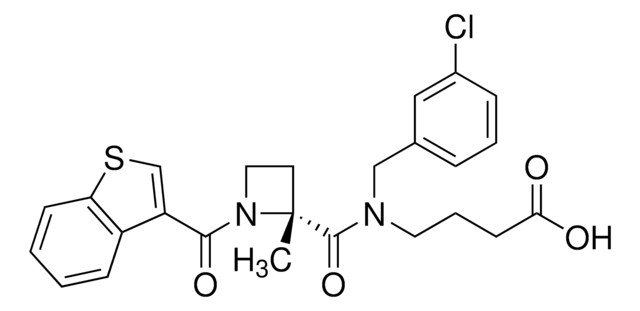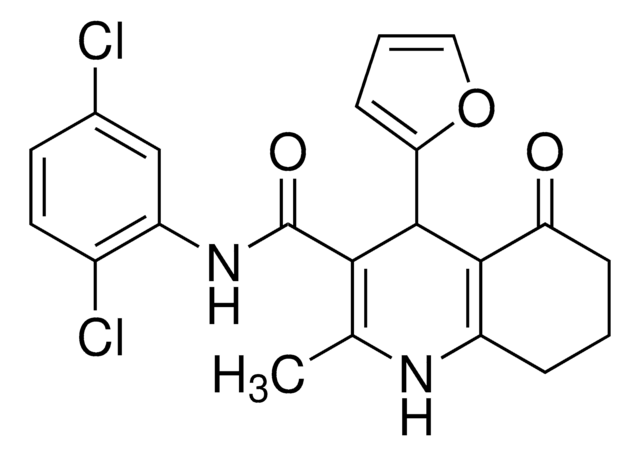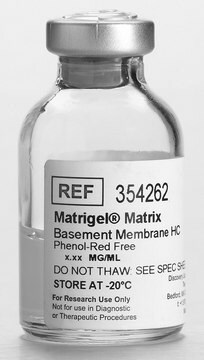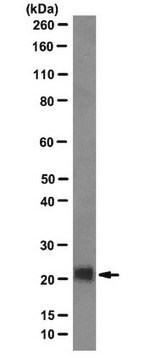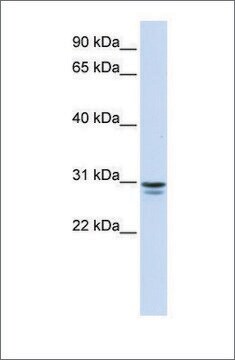SML1782
CATPB
≥98% (HPLC)
Synonym(s):
(S)-3-(2-(3-Chlorophenyl)acetamido)-4-(4-(trifluoromethyl)phenyl)butanoic acid
Sign Into View Organizational & Contract Pricing
All Photos(1)
About This Item
Empirical Formula (Hill Notation):
C19H17ClF3NO3
CAS Number:
Molecular Weight:
399.79
UNSPSC Code:
12352200
PubChem Substance ID:
NACRES:
NA.77
Recommended Products
Quality Level
Assay
≥98% (HPLC)
form
powder
color
white to beige
solubility
DMSO: 10 mg/mL, clear
storage temp.
2-8°C
SMILES string
O=C(N[C@@H](CC1=CC=C(C(F)(F)F)C=C1)CC(O)=O)CC2=CC=CC(Cl)=C2
Biochem/physiol Actions
CATPB is an acetamidophenylbutanoate derivative with inverse agonist and antagonist activity against human, but not mouse or rat, FFA2 (GPR43). CATPB inhibits both constitutive and propionate (C3) -stimulated hFFA2 GTPγS incorporation (IC50 ~35 and 320 nM, respectively; [C3] = EC80, ~125 nM), as well as C3-induced hFFA2 G159E activity (IC50 ~400 nM). CATPB is shown to inhibit C3-induced intracellular ERK phosphorylation in hFFA2-expressing cells (IC50 ~3 μM against 10 mM C3).
Storage Class Code
11 - Combustible Solids
WGK
WGK 3
Flash Point(F)
Not applicable
Flash Point(C)
Not applicable
Choose from one of the most recent versions:
Certificates of Analysis (COA)
Lot/Batch Number
Don't see the Right Version?
If you require a particular version, you can look up a specific certificate by the Lot or Batch number.
Already Own This Product?
Find documentation for the products that you have recently purchased in the Document Library.
Liliana Íñiguez-Gutiérrez et al.
International journal of immunopathology and pharmacology, 34, 2058738420958949-2058738420958949 (2020-12-30)
Neutrophils represent the first line of host cellular defense against various pathogens. The most recently described microbicidal mechanism of these cells is the release of neutrophil extracellular traps (NET). Currently, a wide range of chemical and biological stimuli are known
Our team of scientists has experience in all areas of research including Life Science, Material Science, Chemical Synthesis, Chromatography, Analytical and many others.
Contact Technical Service

